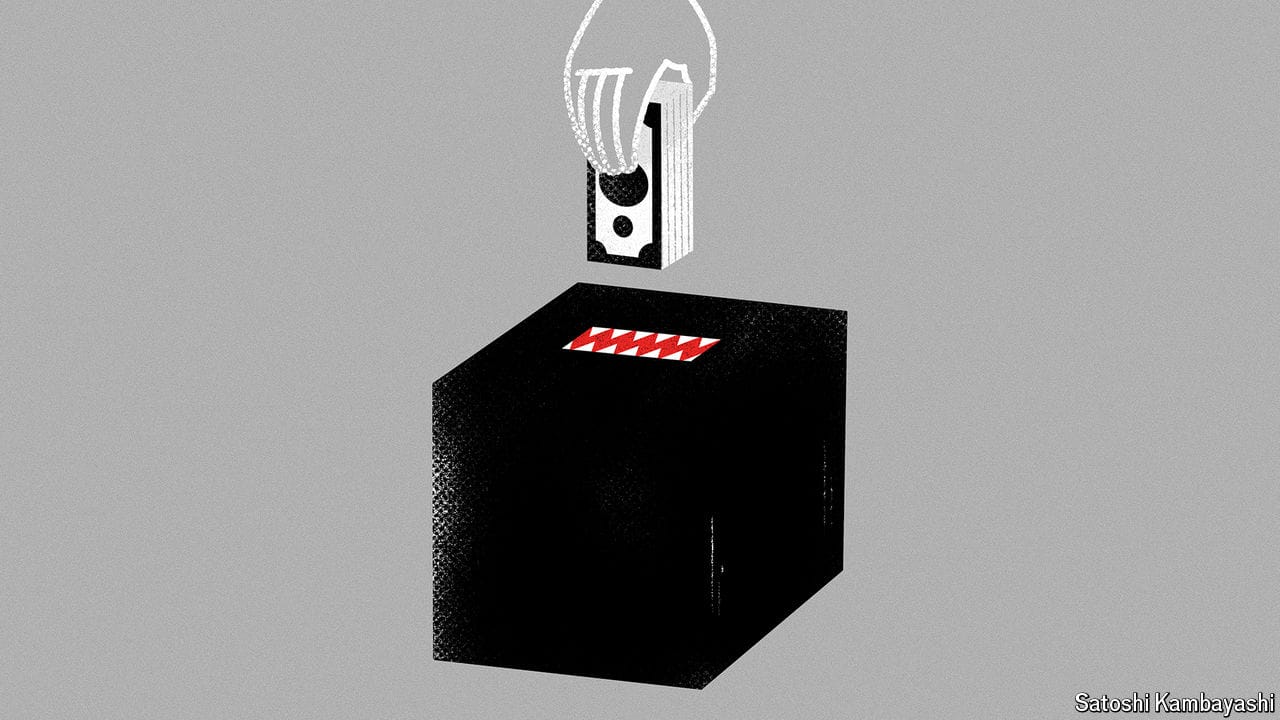Working from home and the US-Europe divide
Americans are no longer the rich world’s great office drones

When it comes to economic growth, America comfortably beats Europe. Many factors have fed America’s outperformance, from tech innovation to vast oil reserves. But there is one explanation that seems almost too simplistic: that “Americans just work harder”, as the head of Norway’s oil fund put it in an interview with the Financial Times on April 24th.
The numbers do in fact bear out this assertion—a rare case of national stereotypes being empirically provable. On average Americans work 1,811 hours per year, according to data from the OECD, a club of mostly rich countries. That is 15% more than in the EU, where the average is 1,571 hours. And it is not just that Europeans spend a few extra weeks on the beach. The typical working day in Britain, France and Germany is half an hour shorter than in America, according to the International Labour Organisation.
Explore more
This article appeared in the Finance & economics section of the print edition under the headline “America v Europe”
Finance & economics May 4th 2024
- Immigration is surging, with big economic consequences
- Russia’s gas business will never recover from the war in Ukraine
- Japan will struggle to rescue its plummeting currency
- What campus protesters get wrong about divestment
- Working from home and the US-Europe divide
- Hedge funds make billions as India’s options market goes ballistic
More from Finance and economics

China’s last boomtowns show rapid growth is still possible
All it takes is for the state to work with the market

What the war on tourism gets wrong
Visitors are a boon, if managed wisely

Why investors are unwise to bet on elections
Turning a profit from political news is a lot harder than it looks
Revisiting the work of Donald Harris, father of Kamala
The combative Marxist economist focused on questions related to growth
Donald Trump wants a weaker dollar. What are his options?
All come with their own drawbacks
Why is Xi Jinping building secret commodity stockpiles?
Vast new holdings of grain, natural gas and oil suggest trouble ahead
